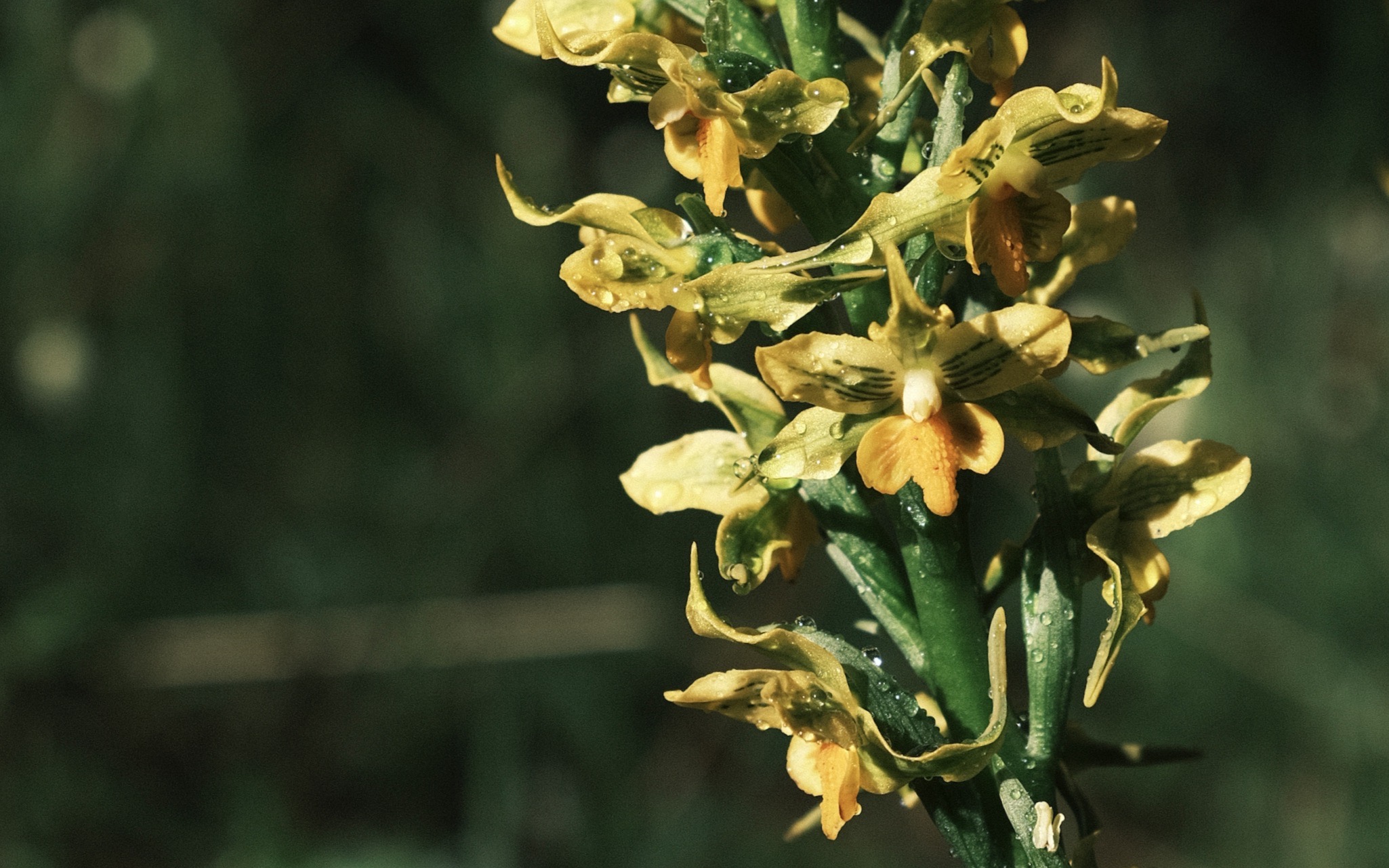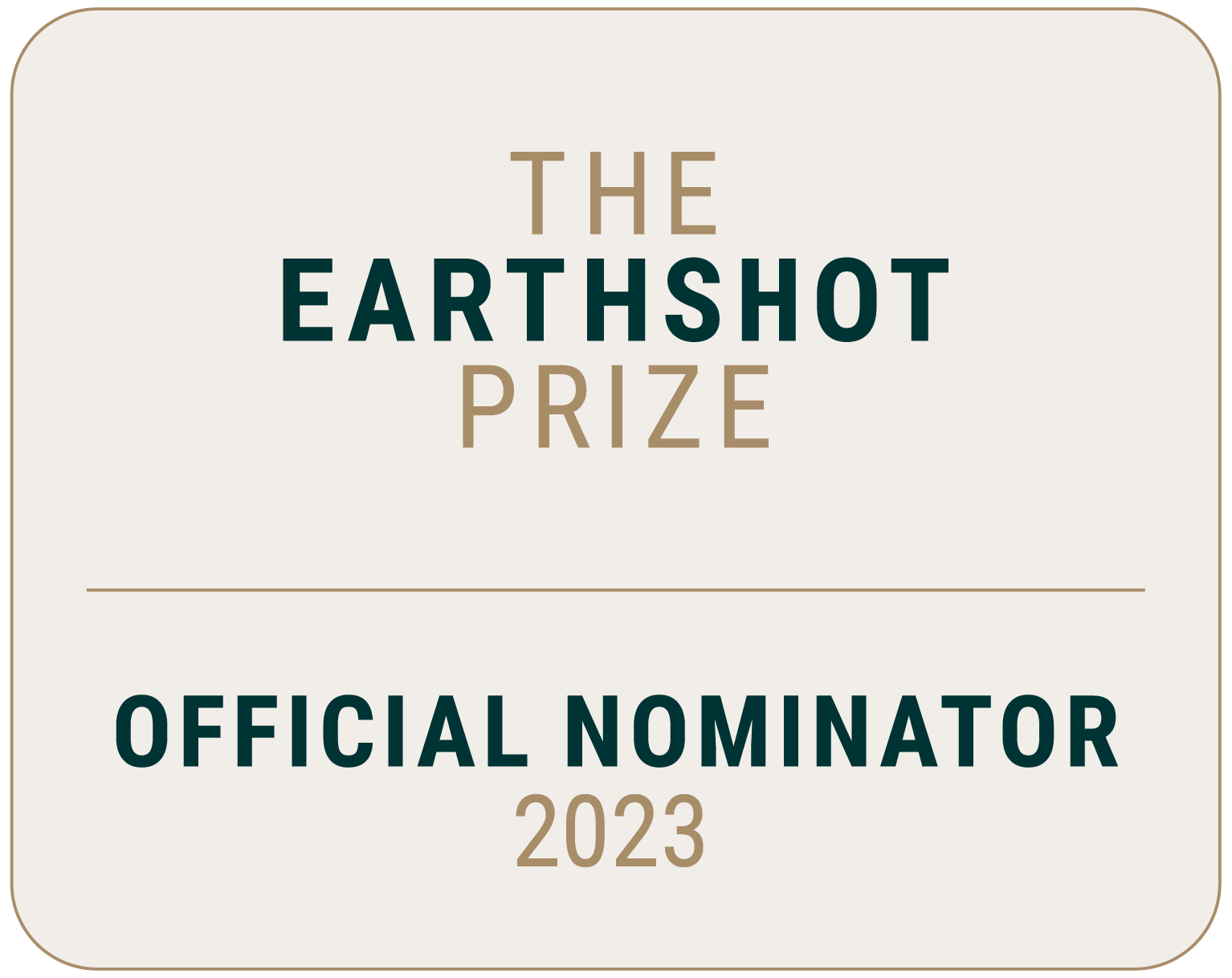What we do

Gavilea Littoralis – Daniel Hotz
We fund organisations and projects around the world that strive to enhance the diversity and complexity of the natural world, promoting a vibrant, green future for all.
Our focus is on initiatives that not only contribute to ecological protection and restoration but also create dynamic economic, social, and cultural opportunities for local communities, particularly indigenous peoples.
By empowering and inspiring the global restoration movement, we embrace risk, celebrate success, and nurture a thriving future for people and the environment.
Strategic Goals & Targets
-
Our Strategic Goals are based on;
- UN Decade of Ecosystem Restoration and
- The UN Convention on Biological Diversity (CBD) Conference of the Parties 15 (COP 15) Kunming-Montreal Global Biodiversity Framework (GBF)
-
Goal A – habitat and species restoration
The integrity, connectivity and resilience of all ecosystems are maintained, enhanced, or restored, substantially increasing the area of natural ecosystems.
Human-induced extinction of known threatened species is halted, and extinction rate and risk of all species are significantly reduced, and the abundance of native wild species is increased to healthy and resilient levels.
The genetic diversity within populations of wild and domesticated species is maintained, safeguarding their adaptive potential.
-
Goal B – sustainable use of natural resources
Biodiversity is sustainably used and managed, and nature’s contributions to people, including ecosystem functions and services, are valued, maintained and enhanced, with those currently in decline being restored, supporting the achievement of sustainable development for the benefit of present and future generations.
-
Targets
The Ecological Restoration Fund aims to contribute to the following targets:
- Halting the loss of areas of high biodiversity importance, including ecosystems of high ecological integrity
- 30/30: enable that by 2030 at least 30% of terrestrial, inland water, and of coastal and marine areas, are effectively conserved and managed and 30% of degraded ecosystems are under effective restoration
- Urgent actions to halt extinction of known threatened species, and the recovery and conservation of endangered species (including reintroductions), and the effective management of human-wildlife interactions to minimise conflict
- The elimination and/ or mitigation of invasive alien species
Who we support
Not a week goes by without a dire statistic about the declining state of nature. Climate change, the biodiversity crisis, environmental degradation, alongside a myriad of other factors threaten life on Earth. It is easy to feel overwhelmed. Here at the ERF, however, we see the potential for a brighter future, that we want to help accelerate.
All over the world remarkable people and organisations work tirelessly to mitigate ecological breakdown. ERF supports evidence-based practical solutions that protect biodiverse hot-spots, rejuvenate degraded landscapes and promote nature-based economies. We support organisations with committed and collaborative leadership, well integrated into local communities. We form long-term relationships with our partners, helping them to create lasting change.
Earthshot Prize Nominating Partners

The Ecological Restorations Fund is proud to be an official Earthshot Prize Nominator.
Each year, the global search for Winners of The Earthshot Prize begins with nominations. To find the potential winners The Earthshot Prize has established a diverse and experienced group of over 300 official Nominators from every region of the world. They seek out the most inspiring, inclusive, and impactful solutions to the five Earthshots, and submit them as nominations.
We look for projects to nominate by making use of our environmental networks, though proactive searches, and/or by encouraging organisations to put their proposals to the Earthshot Prize directly.
We are also a funder of Earthshot finalists and have funded Hutan and Pole Pole.
Sister
organisations
-
Arcadia
Visit website hereThe Arcadia Fund is a UK charity organisation founded by Dr. Lisbet Rausing and Dr. Peter Baldwin.
Established in 2001, the organisation provides grants on a worldwide basis. Arcadia supports work to preserve endangered cultural heritage, protect endangered ecosystems, and promote access to knowledge. Their aim is to defend the complexity of human culture and the natural world, so that coming generations can build a vibrant, resilient and green future.
Their Programmes are;
- Protecting Endangered Nature – They support and promote evidence-based practical solutions to the global biodiversity and climate crises. They support local partnerships to create sustainable and beneficial outcomes for nature and for the people that depend on it. The fund also supports the Cambridge Conservative Initiative (CCI) Endangered Landscapes Programme (ELP).
- Preserving Endangered Culture – Their grants support digital documentation of unique written materials, artefacts, sites, practices and languages which are poorly recorded and under imminent threat. They primarily fund documentation outside Europe and North America, where the need is greatest and resources are most limited. Their projects create partnerships with local organisations and institutions able to secure long term preservation and free access to the records.
- Promoting Open Access – Their grants help make this important information – including publicly funded research, standards, and laws – available for free online, and help people find and use this information. They do this by supporting direct activism for open access, and by working to improve open access to scholarship and the discoverability of open access content.
-
Sigrid Rausing Trust
Visit website hereThe Sigrid Rausing Trust is a grant-making foundation established in 1995. The Trust runs three grant-making programmes:
- Human Rights and the Rule of Law – This programme supports: Justice and accountability for international crimes; Memorialization and reparation for victims of human rights abuses; Torture prevention, and justice and rehabilitation for victims of torture; Oversight and humane conditions in places of detention.
- Open Societies – This programme supports: Freedom of expression and independent public interest media; Freedom of association and civic participation; Exposing corruption and undue influence by governments, business and private actors; Cohesive communities and creative expression.
- Environment – This programme supports: The regulation and reduction of harmful chemicals and pollution; Protecting biodiversity in environmental planning; Regulating harmful impacts of business and development projects.
Other grant making
In addition, the Chair’s Fund and Trustees Small Grants support the Trust’s wider philanthropic remit.